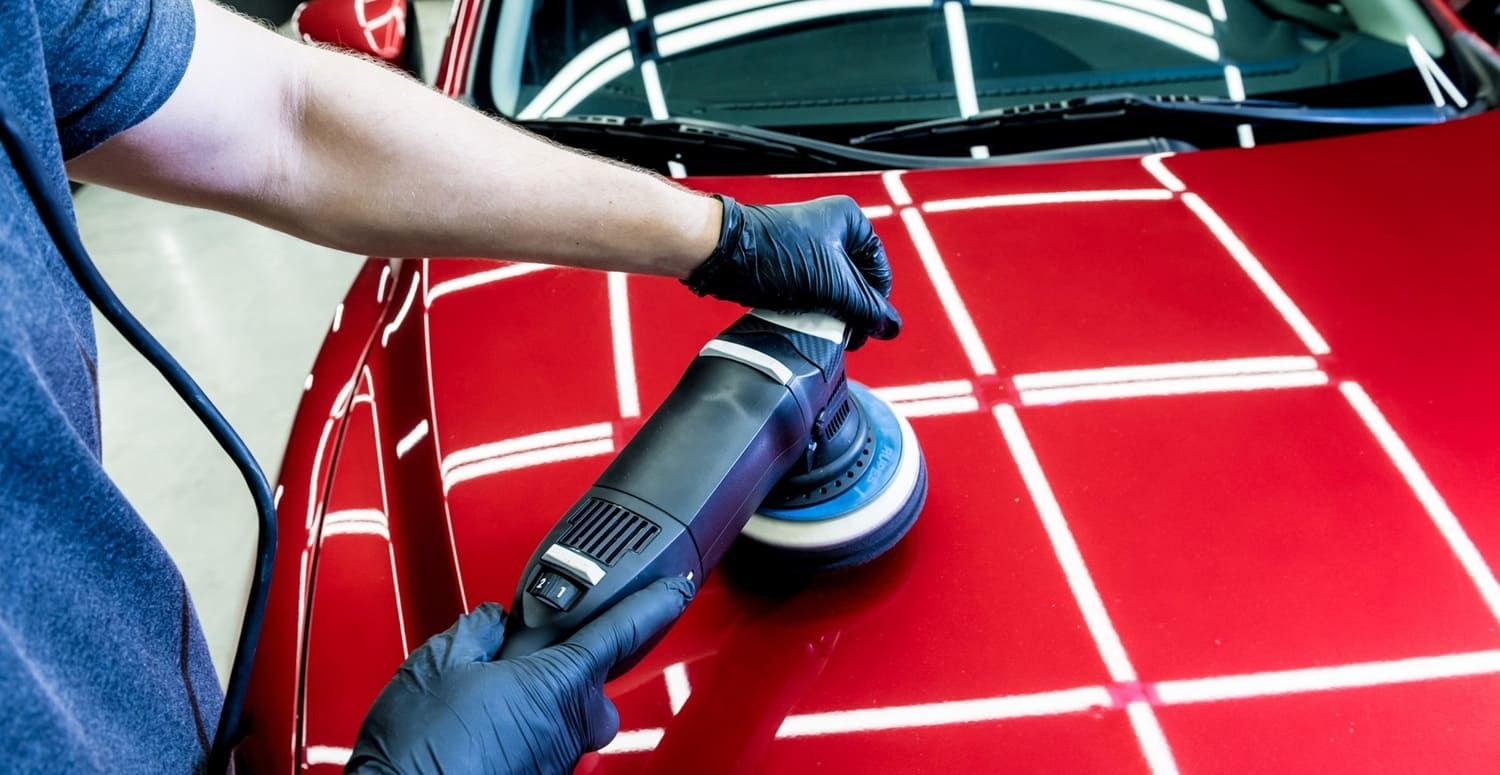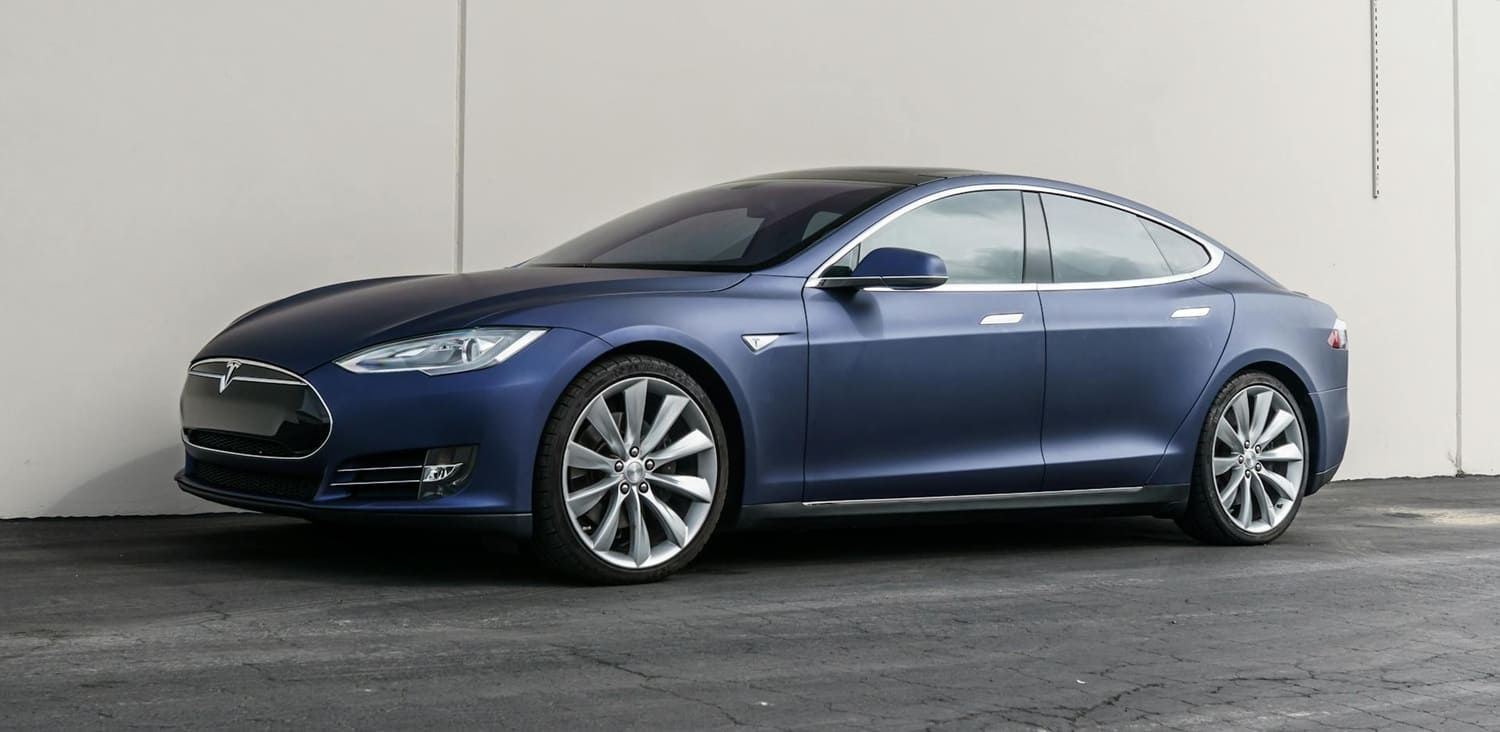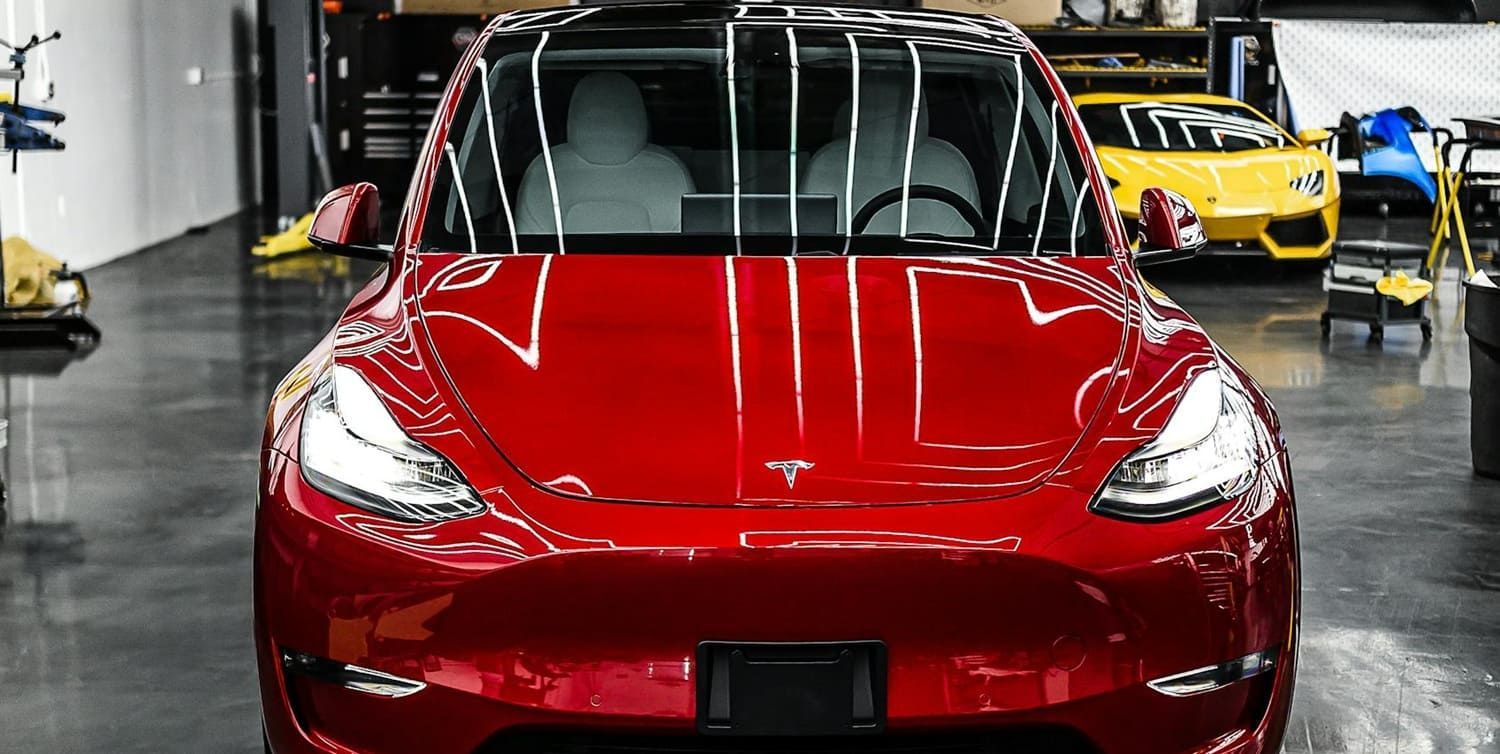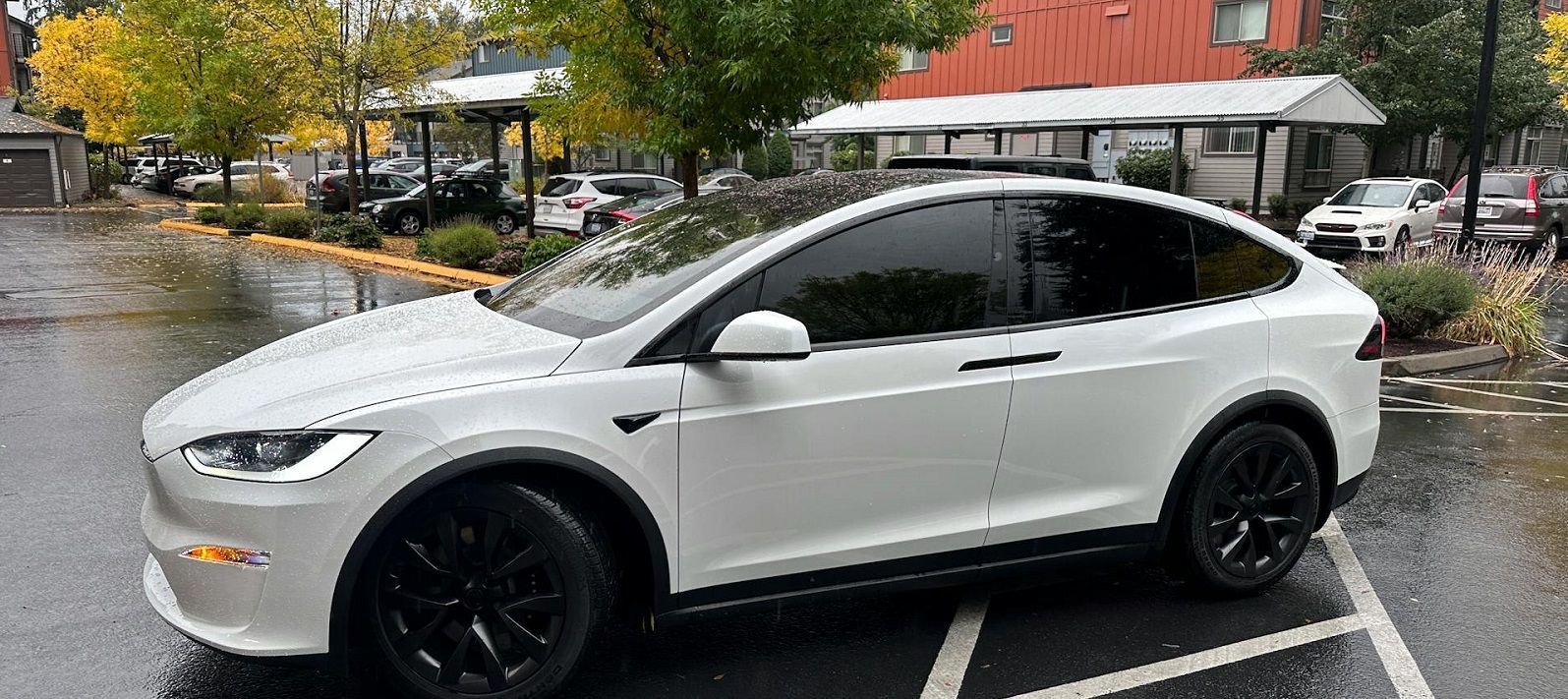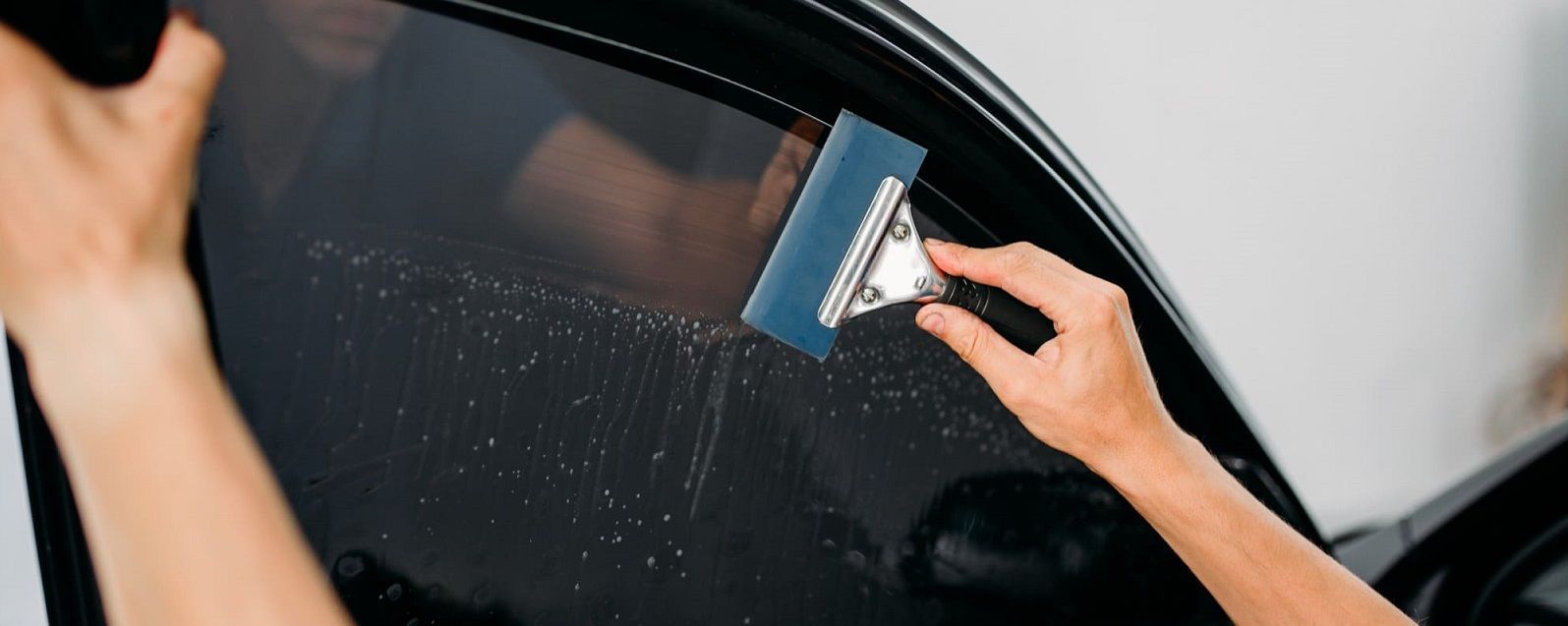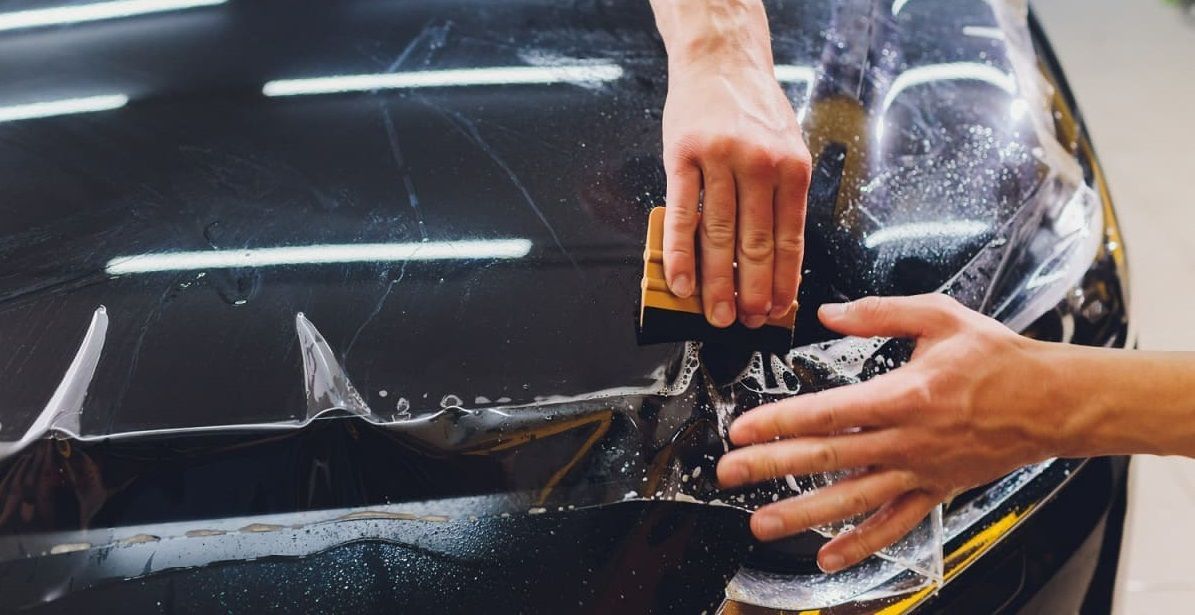Top Factors to Consider When Comparing Dyed, Ceramic, and Carbon Tints
Before diving into the specifics, it's essential to understand what window tints are and why they are popular. Window tints are thin layers of film applied to the inside of glass windows. They provide numerous benefits, including UV protection, heat reduction, and improved privacy. These films can vary significantly in their composition, effectiveness, and cost, which makes understanding their basic characteristics crucial.
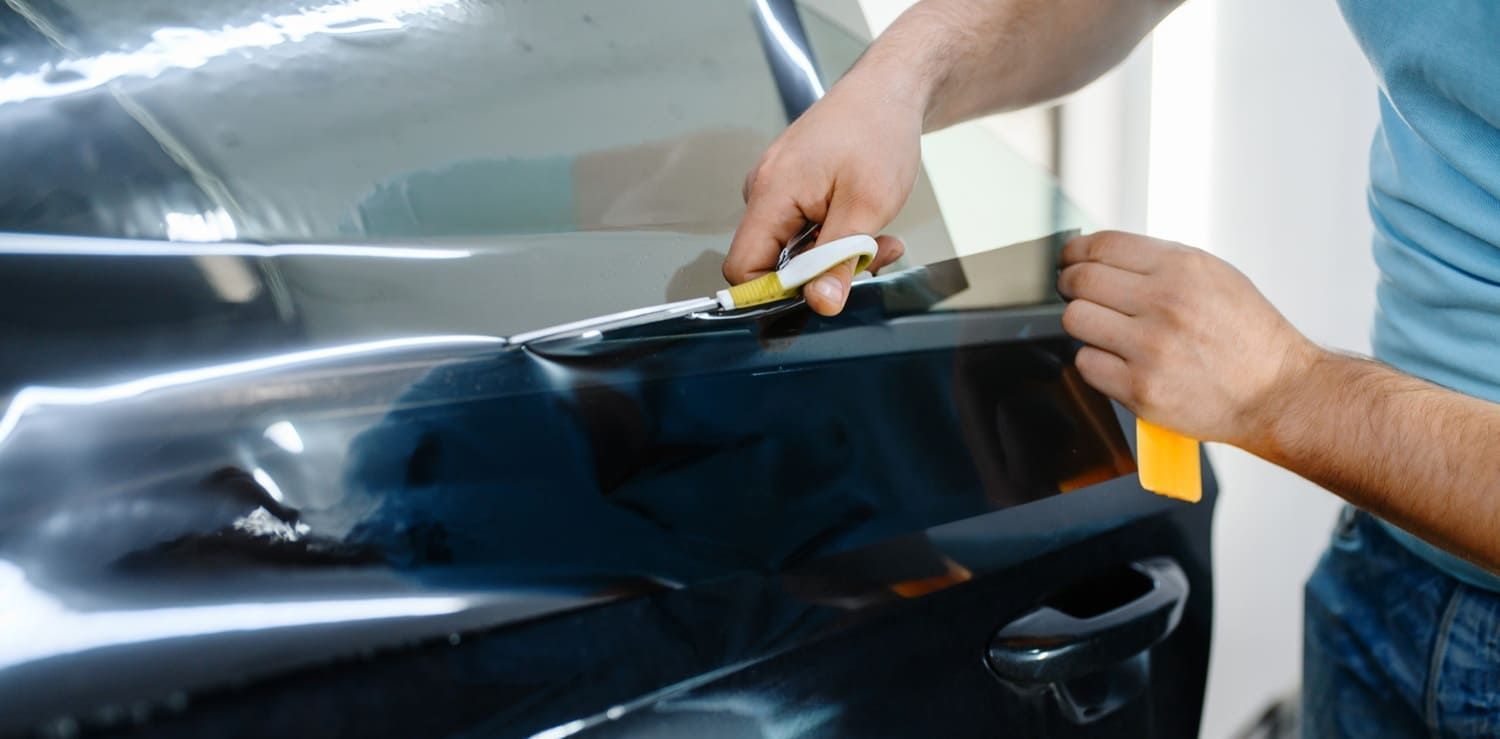
Why People Choose Window Tints
- UV Protection: Tints can block up to 99% of harmful UV rays, protecting your skin and reducing the risk of interior fading. This makes them an excellent choice for those who spend a lot of time in their vehicles or want to preserve their home's interior furnishings. By blocking UV rays, tints help maintain the longevity and vibrancy of upholstery and other materials.
- Heat Reduction: Tinted windows help keep interiors cooler by reflecting sunlight. This not only enhances comfort but also reduces the strain on air conditioning systems, leading to potential energy savings. In extreme climates, this can significantly improve the overall comfort of your living or driving environment.
- Privacy and Security: Tints increase privacy by making it harder to see inside. This additional privacy can deter potential break-ins and provide a sense of security for occupants. For home applications, this feature is particularly beneficial in urban settings where proximity to neighbors is a concern.
- Aesthetic Appeal: Many choose tints for their sleek, modern look. The right tint can enhance the appearance of a vehicle or building, complementing its design and adding a touch of sophistication. The variety of tints available allows for customization, enabling you to achieve the desired aesthetic effect.
Comparing Dyed, Ceramic, and Carbon Tints
Each type of tint has its unique characteristics, advantages, and disadvantages. Here's a closer look at dyed, ceramic, and carbon tints. Understanding these differences is key to selecting the right tint for your specific needs, whether it's for aesthetic enhancement, functional benefits, or both.
Dyed Tints
Dyed window tints are the most affordable and commonly used. They consist of a dye layer between an adhesive layer and a protective polyester top coating. This basic construction makes them easy to produce and apply, contributing to their widespread popularity among consumers seeking a cost-effective solution.
Advantages of Dyed Tints
- Cost-Effective: Ideal for those on a budget. Dyed tints provide a significant price advantage, making them accessible to a wide range of consumers. They offer an economical way to achieve privacy and aesthetic improvements without breaking the bank.
- Aesthetic Appeal: Provides a darker appearance that many find appealing. This classic look is particularly popular for vehicles, giving them a sleek, sophisticated appearance. The darker shade can also enhance privacy, making them a dual-purpose option for many users.
- Glare Reduction: Helps minimize glare from the sun and headlights. This can improve driving safety by reducing eye strain and enhancing visibility during both day and night. For homeowners, glare reduction can lead to a more comfortable living environment, particularly in rooms with large windows.
Disadvantages of Dyed Tints
- Limited Heat Reduction: Less effective at reducing heat compared to other tints. This can be a drawback in particularly hot climates where thermal protection is a priority. While they offer some heat rejection, other types of tints may be necessary for optimal temperature control.
- Fade Over Time: The dye can fade, losing effectiveness and color over time. This fading not only affects the appearance but also reduces the tint's functional benefits. Regular maintenance or eventual replacement might be necessary to maintain performance.
- Less Durable: More prone to scratches and damage. The surface of dyed tints can be easily marred, which can detract from their appearance and functionality. Choosing a more durable tint might be advisable in environments where wear and tear are significant concerns.
Ceramic Tints
Ceramic tints are a premium option known for their superior performance. They contain ceramic particles that are non-conductive and non-metallic. This advanced technology sets them apart, providing exceptional benefits that justify their higher cost.
Advantages of Ceramic Tints
- Excellent UV Protection: Blocks up to 99% of UV rays. This high level of protection is ideal for those who prioritize health and interior preservation. Ceramic tints are especially valuable in sunny climates or for those with skin sensitivities.
- Superior Heat Reduction: Highly effective at keeping interiors cool. By significantly reducing solar heat gain, ceramic tints help maintain comfortable temperatures and reduce reliance on air conditioning. This can lead to substantial energy savings over time.
- Durability: Resistant to fading, bubbling, and discoloration. The robust composition of ceramic tints ensures they maintain their appearance and functionality over the long term. This durability makes them a wise investment for those seeking a long-lasting solution.
- Clear Visibility: Maintains clarity and visibility, even at night. Unlike some tints that can obscure vision, ceramic tints preserve visibility while still providing their protective benefits. This feature is crucial for safety, particularly in driving applications.
- Non-Interference: Does not interfere with electronic devices or signals. Because they are non-metallic, ceramic tints do not disrupt GPS, mobile phones, or radio signals, ensuring seamless connectivity.
Disadvantages of Ceramic Tints
- Higher Cost: More expensive than dyed or carbon tints. The advanced technology and superior benefits come at a price, which might be a barrier for budget-conscious consumers. However, the long-term benefits often justify the initial investment.
- Professional Installation Required: Best results require expert application. Due to their complexity, ceramic tints are not typically DIY-friendly, necessitating professional installation to ensure optimal performance and appearance.
Carbon Tints
Carbon tints are known for their matte finish and carbon particle content, which provides excellent UV protection and thermal insulation. They represent a middle ground in terms of cost and performance, offering a compelling option for many consumers.
Advantages of Carbon Tints
- UV and Heat Protection: Offers significant reduction in heat and UV rays. This makes carbon tints an effective solution for enhancing comfort and protecting interiors. The carbon content ensures consistent performance in these critical areas.
- No Fade: Carbon content ensures that the tint does not fade over time. This durability makes carbon tints a reliable long-term investment, maintaining their appearance and effectiveness throughout their lifespan.
- Aesthetic Appeal: Provides a sophisticated matte finish. The unique look of carbon tints can enhance the visual appeal of vehicles and buildings, offering a modern and stylish appearance. This aesthetic quality makes them a popular choice for those seeking both form and function.
- Environmentally Friendly: No metal or dye involved. The absence of metals makes carbon tints a more sustainable option, appealing to environmentally conscious consumers.
Disadvantages of Carbon Tints
- Moderate Cost: More expensive than dyed tints, but generally less than ceramic. While not the cheapest option, carbon tints offer a balance of cost and performance that is attractive to many consumers. They provide a good compromise for those seeking enhanced benefits without the premium price of ceramic tints.
- Installation Complexity: Requires skilled installation for optimal results. Like ceramic tints, carbon tints are best installed by professionals to ensure proper application and maximum effectiveness. This requirement might add to the overall cost but ensures superior performance.
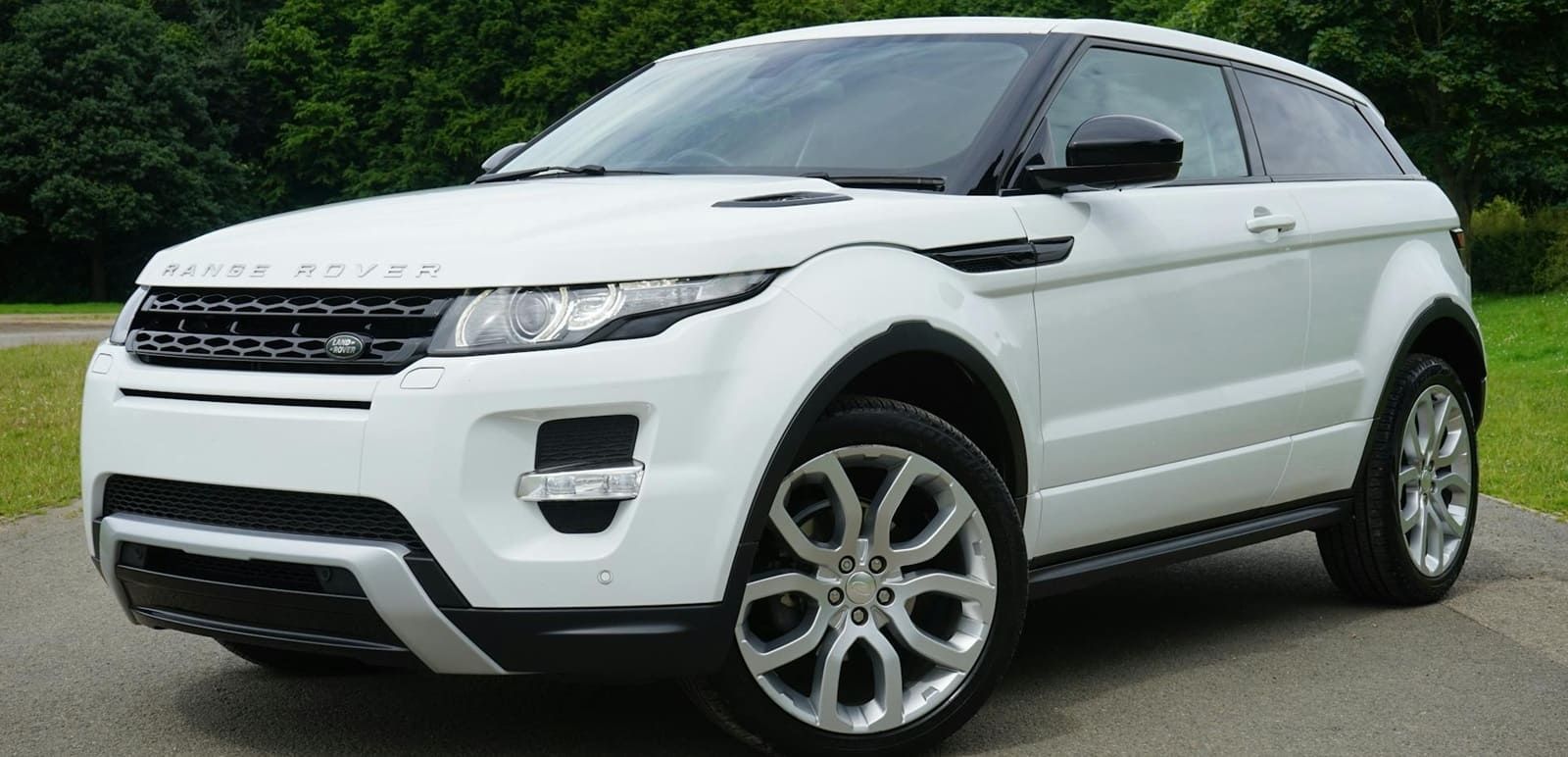
Factors to Consider When Choosing a Tint
When deciding between dyed, ceramic, and carbon tints, consider the following factors to ensure you select the best option for your needs. Evaluating these factors will help you balance your priorities, whether they are financial, functional, or aesthetic.
Budget
Your budget plays a crucial role in determining which tint to choose. Dyed tints are the most budget-friendly option, while ceramic tints are at the higher end of the price spectrum. Carbon tints offer a middle ground in terms of cost. It's important to weigh the initial investment against long-term benefits, as more expensive tints may offer savings in terms of energy efficiency and maintenance.
Performance Needs
Consider what you want from your tint. If heat reduction and UV protection are priorities, ceramic and carbon tints are the better choices. For those mainly interested in privacy and a sleek look, dyed tints may suffice. It's essential to align the tint's features with your specific requirements to ensure it meets your expectations.
Longevity and Maintenance
Think about how long you want your tint to last and how much maintenance you're willing to perform. Ceramic and carbon tints offer greater durability and require less maintenance compared to dyed tints, which may fade and need replacement sooner. Understanding the maintenance demands can help you choose a tint that fits your lifestyle and commitment to upkeep.
Aesthetic Preferences
Your aesthetic preferences will also influence your decision. Dyed tints offer a classic dark look, while carbon tints provide a modern matte finish. Ceramic tints maintain clarity and don't change the appearance of your windows significantly. Consider how each option will complement your vehicle or home's design, as well as your personal style.
Installation Considerations
Consider whether you plan to install the tint yourself or hire a professional. Ceramic and carbon tints typically require professional installation to achieve the best results, while dyed tints are more DIY-friendly. Evaluate your comfort level with installation and the potential benefits of professional expertise to make an informed decision.
Conclusion
Selecting the right window tint involves balancing factors such as cost, performance, longevity, and aesthetic appeal. At East Coast Tint Enterprise in Roswell, GA, we specialize in helping you understand the differences between dyed, ceramic, and carbon tints, ensuring you make an informed decision that meets your needs and enhances your vehicle or home. Careful consideration of your priorities with our expert team will lead to a choice that maximizes the benefits of window tinting.
Ultimately, the right choice will depend on your specific requirements and budget. Whether you prioritize cost-effectiveness, top-tier performance, or a blend of both, there's a window tint out there to suit your needs. By thoroughly evaluating your options with East Coast Tint Enterprise, you can enjoy the many advantages window tints offer, from improved comfort and energy efficiency to enhanced privacy and style.
Contact us today for a free estimate and let East Coast Tint Enterprise help you choose the perfect window tint solution for your vehicle or home.


